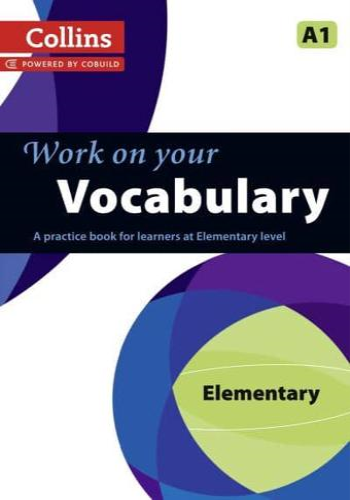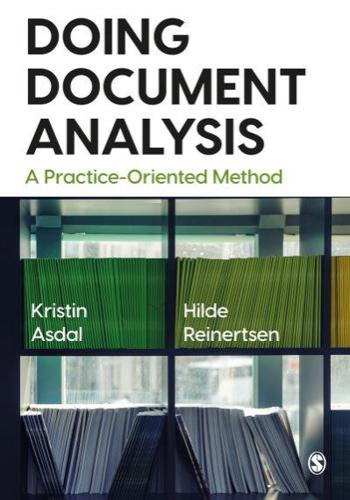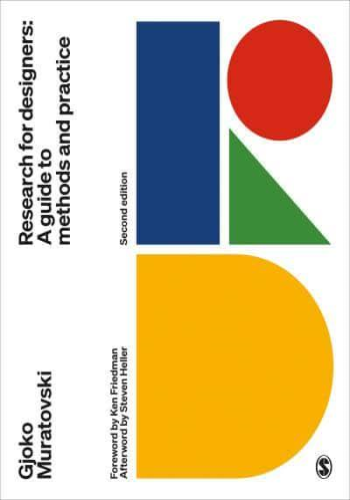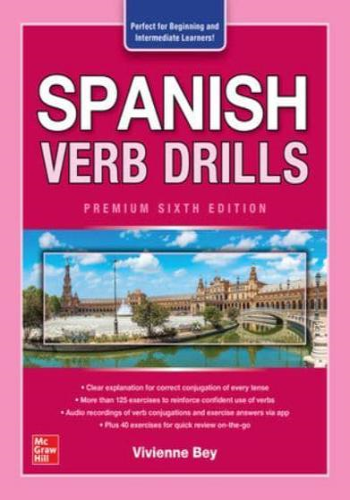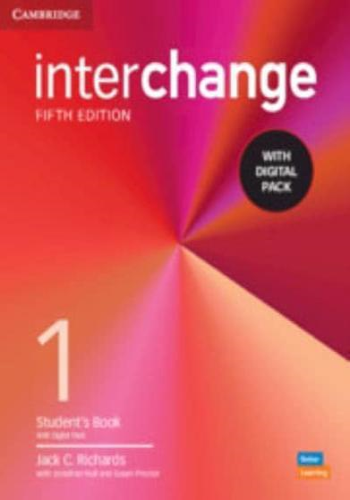Hundreds of words to learn and remember
Collins Work on your Vocabulary - Elementary (A1) is a new practice book that covers the key vocabulary needed by learners of English at Elementary level (CEF level A1).
This book is an essential resource for learners who want to improve their English vocabulary. Each of the 30 units presents vocabulary relating to a particular topic using clear language and examples. This is followed by practice exercises to ensure the learner will remember and be able to use what they have learnt with confidence in their written and spoken English.
The vocabulary covered in Collins Work on your Vocabulary - Elementary (A1) has been carefully selected based on Collins Corpus research and the experience of our language experts. As a result, this book provides plenty of useful practice with authentic, up-to-date examples of language usage in context. A carefully structured layout and simple illustrations make sure the language is always clear and the book is easy to navigate. Collins Work on your Vocabulary - Elementary (A1) is ideal for self-study or for use in the classroom, and is an essential resource for students and teachers.
- Focuses on the vocabulary required at Elementary level (CEF level A1)
- Thirty units with clear presentation material followed by practice exercises
- Authentic examples of real English, taken from the Collins Corpus
- Includes line drawings which illustrate key concepts
- Clear structure and presentation of language
- Plenty of room to write in
- Full answer key included
- Ideal for self-study or for use in the classroom

